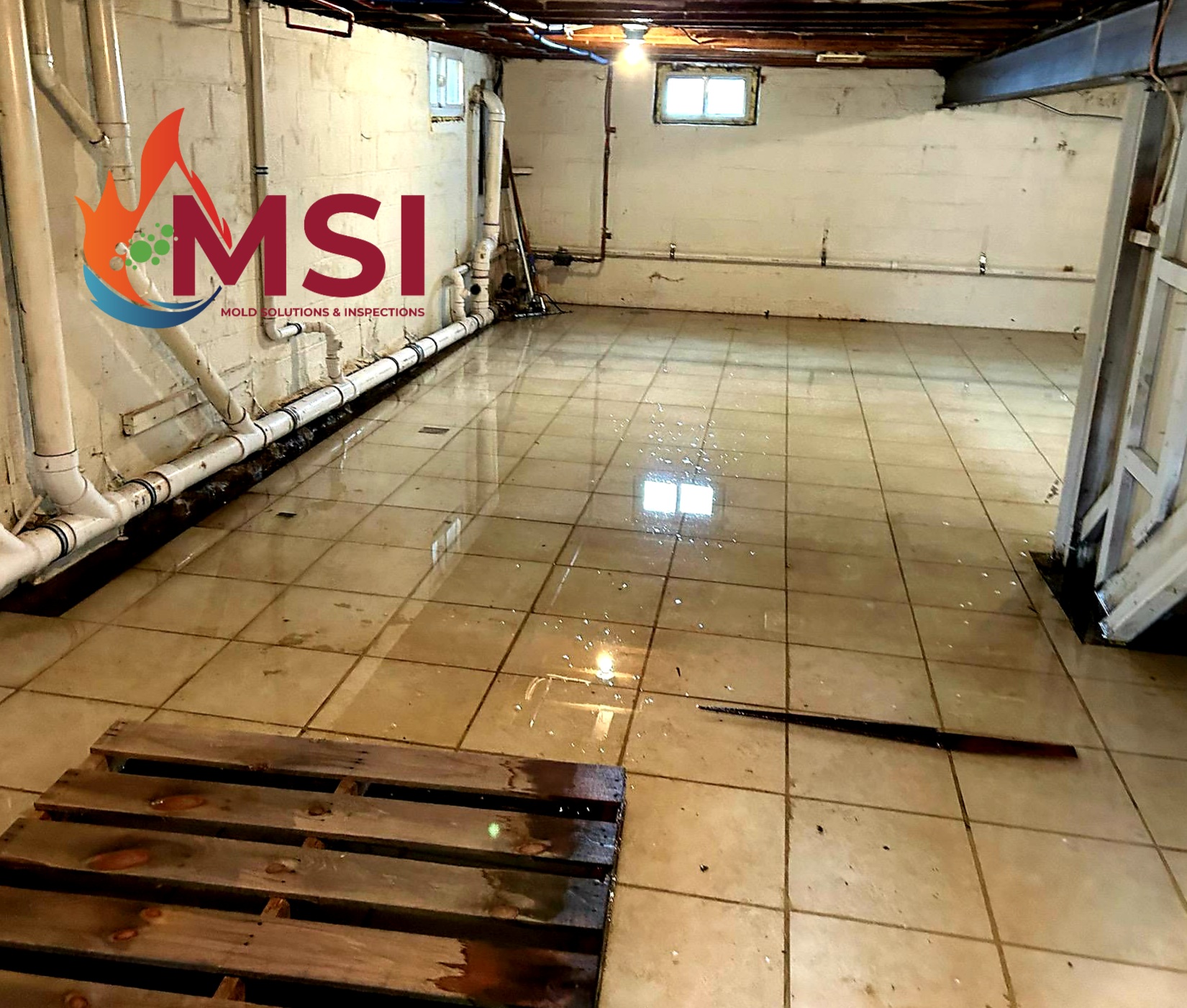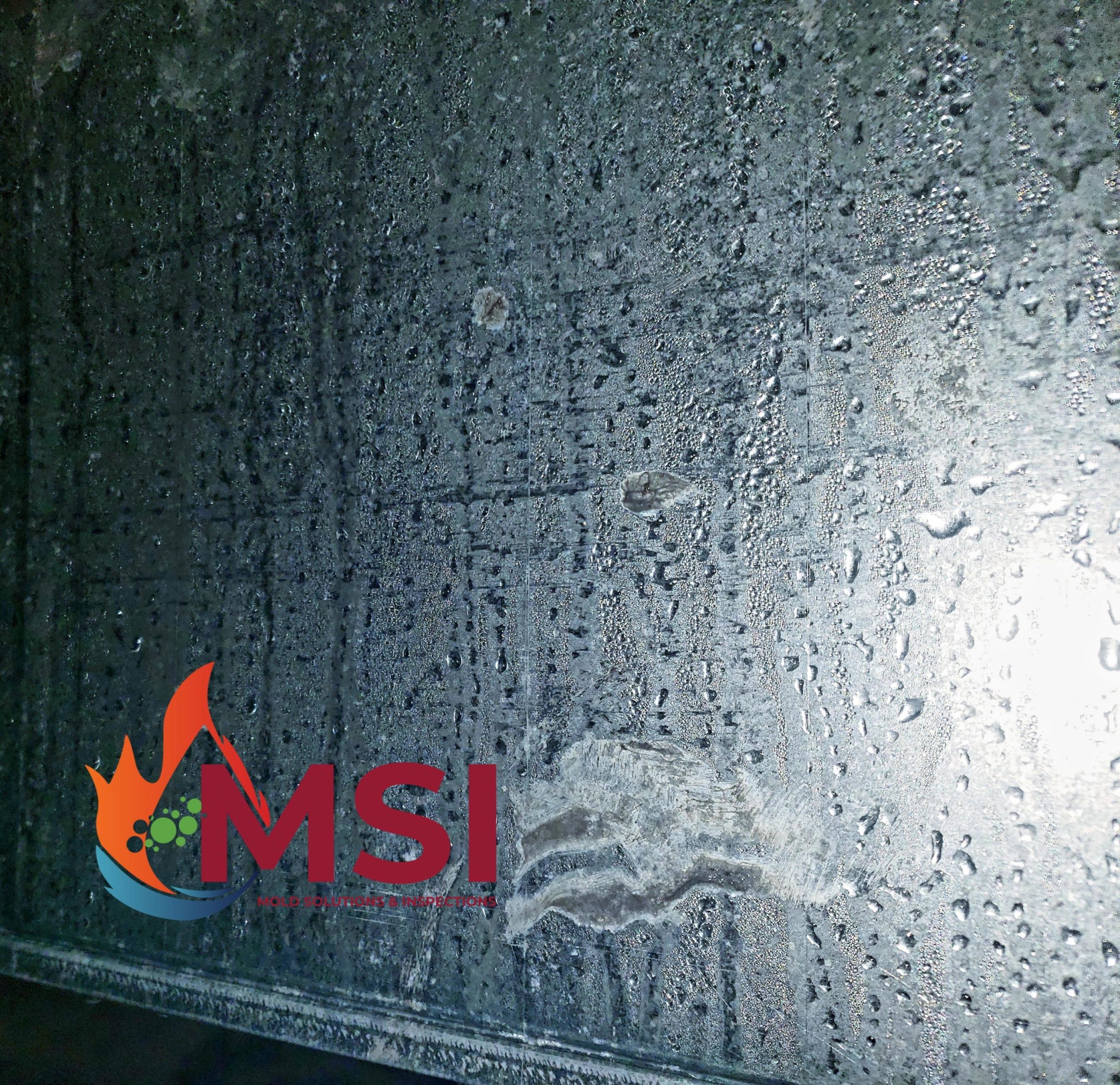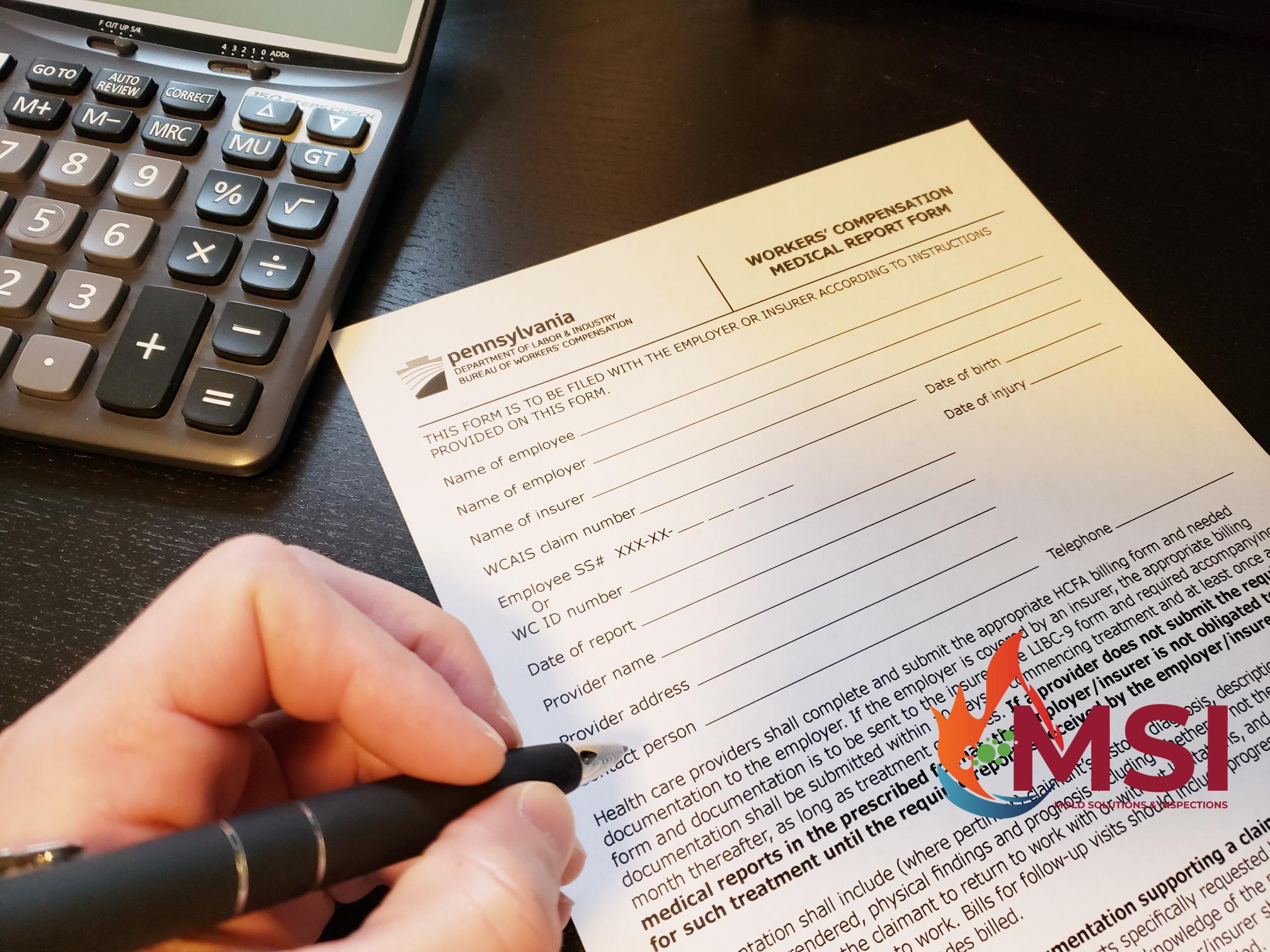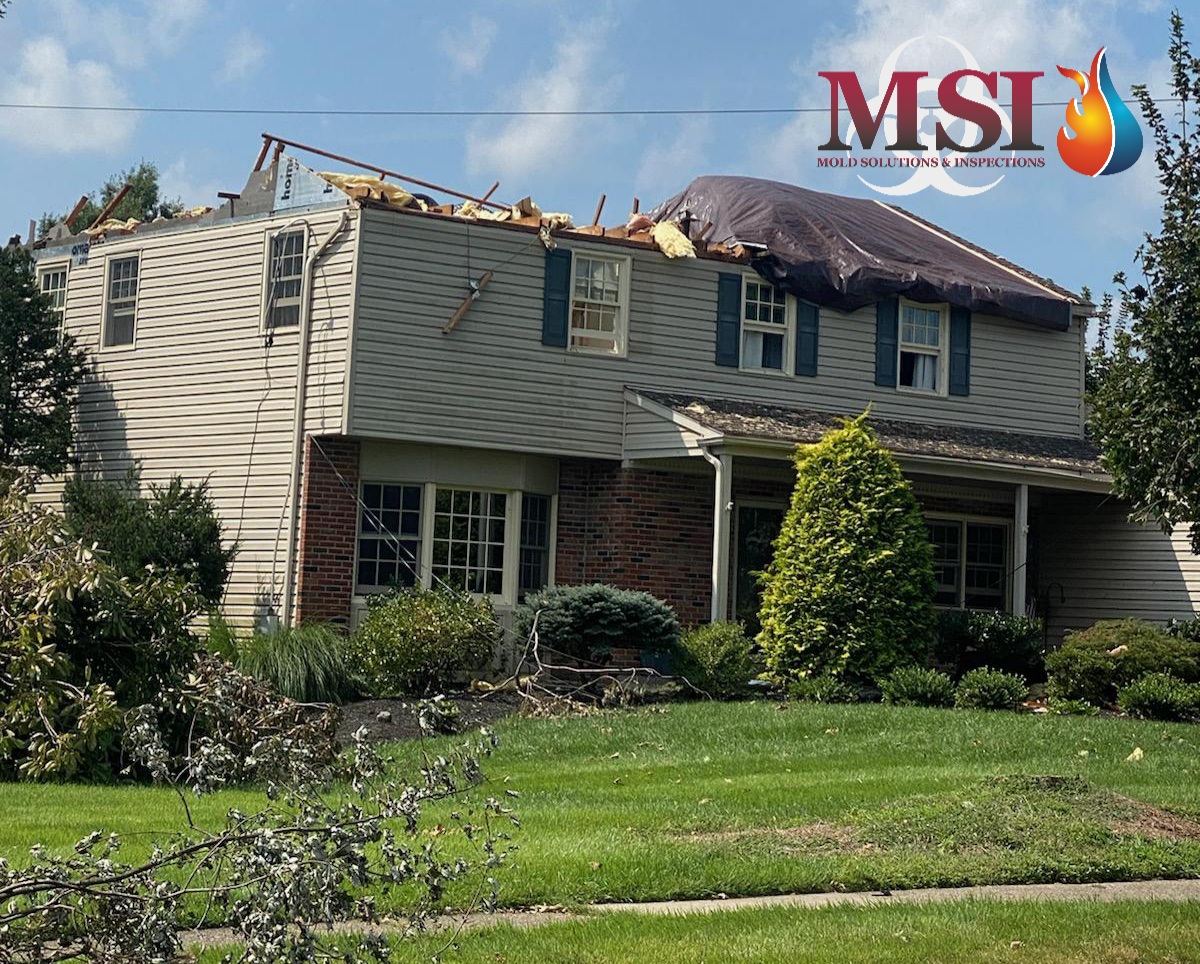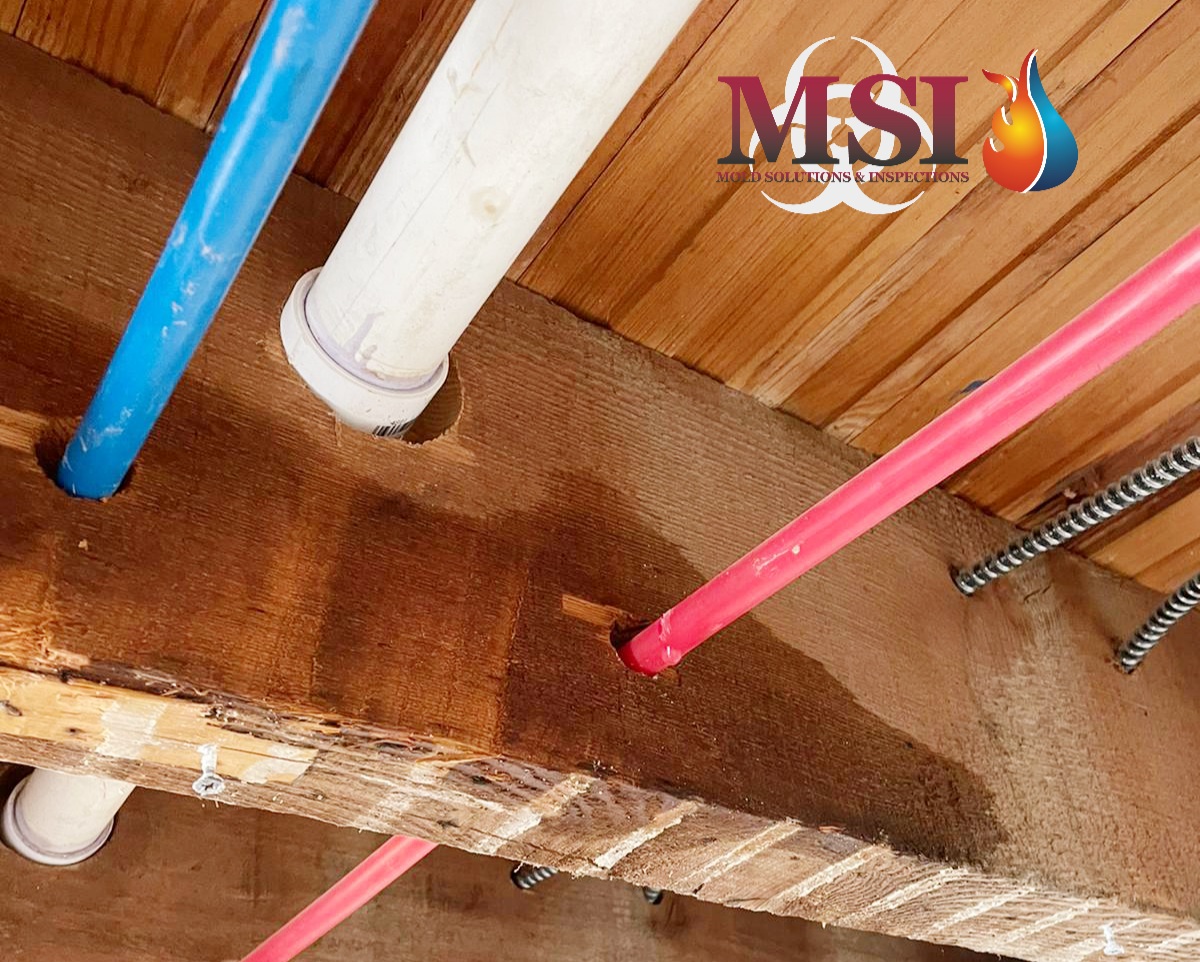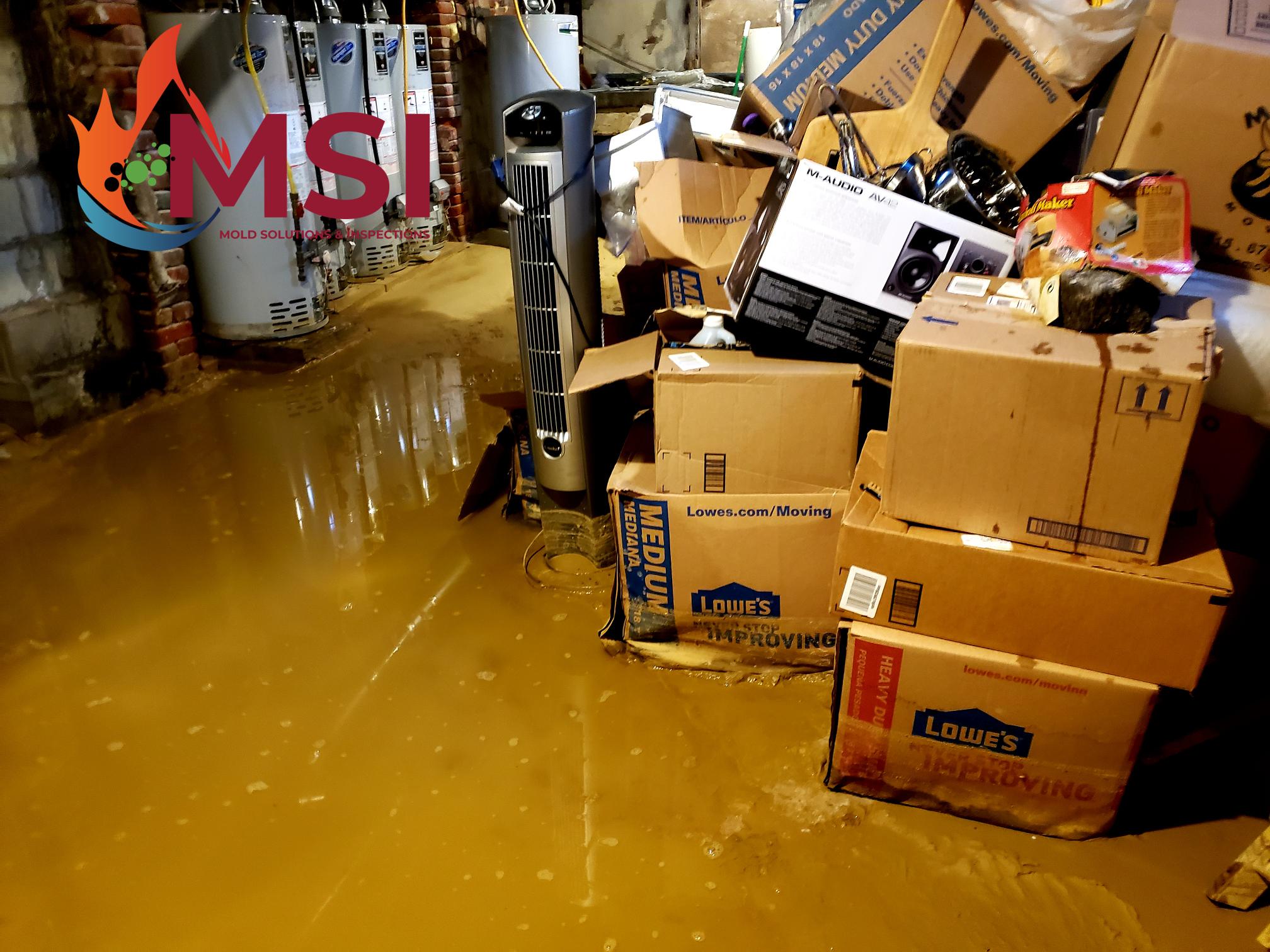A deductible is the amount of money a policyholder must pay out-of-pocket toward damages or a loss before their insurance company will pay for a claim. You do not actually pay your deductible to your insurance company like you would a premium or bill. If you file a claim and it is covered, the deductible is subtracted from the amount claimed. For example, say you have a $500 deductible and you file a claim for $10,000. Your insurance company would pay you $9,500 for that claim.
There are generally two types of deductibles: a dollar-amount and a percentage based. The difference between them is how your deductible is calculated, and there are a couple of nuances depending on how much your home is valued at. Once calculated, the amount a homeowner pays if they file a claim is fixed for the length of that policy.
Your home insurance deductible should be as high as you can reasonably afford because the higher your deductible, the lower the cost of your premium. Raising your deductible can reduce the cost of your homeowners insurance premium as much as 20%, but that does not mean you should raise your deductible as high as possible.
When choosing a deductible, what you’re really doing is balancing the short-term cost you can afford (your deductible) and the long-term cost of a policy (your premiums). The more you can afford in the short-term, the more you’ll save in the long-term because your premiums will be lower. Insurance companies design the products this way to encourage homeowners to assume more of their own risk and to reduce administrative costs for small claims. For example, the premiums would be higher for a policy that has a $500 deductible versus a $1,000 deductible because the policyholder elected to assume greater financial risk. They would have to pay $1,000 toward a claim instead of $500 if they had to file one.
There are other reasons it makes sense to raise your deductible. Every insurance company is different but typically if you file a claim for any amount, the cost of your premium will increase because you’ve essentially become a riskier and costlier homeowner to insure. And the more claims you file, the higher your premium will be. For that reason, there are circumstances in which even if you have a low deductible, it might not be in your best financial interest to file a claim.
For example, say you have a $500 home insurance deductible. If wind destroys a small part of your roof and causes $1,000 in damages, you probably shouldn’t file a claim if you can afford to pay for the damages out-of-pocket. Yes, you could have your insurance company cover the $500 after your deductible but the cost of your premium might increase. That increase might be small or large, depending on the amount claimed and especially the number of claims you’ve made. If you file multiple claims, the cost of your premiums could go up as much as 25% or more and you never know what what the future holds. After the small wind damage, hail could destroy your roof entirely and a tornado could damage your home a month later. All of a sudden you haven’t made it through the spring of one calendar year and you’ve already filed three claims. So if you’re in a financial position to consider paying for small damages or losses out-of-pocket, then you should increase your deductible and lower your monthly premiums. If you remain claim-free for usually three years, companies can lower your premium rate.
Keep in mind that many insurance companies offer a one-time discount to customers who have never filed a home insurance claim. The discount might lower the cost of a standard policy anywhere from 5 to 20% depending on the company. If you file a claim and negate that discount, the cost of your premium will increase.
You should also keep in mind your emergency or available funds with an eye toward paying your deductible. While raising it can drop your rates, it should not do so at the cost of financial stress. Everyone should have a liquid emergency fund in the event of unpredictable circumstances. A homeowners insurance deductible might be one of those so consider what you you have saved for an emergency when choosing your deductible. At the same time, it’s not a good idea for your deductible to entirely wipe out the savings you’ve set aside for an emergency. You might need additional emergency funds at the time you have to file a homeowners insurance claim. For example, say a fire or tornado destroys half of your home and it is uninhabitable. Most homeowners policies also offer additional living expense coverage to take care of hotels bills, restaurant meals and other expenses. But what if you reach your limits for those expenses or need money for another emergency? If your deductible consumes your entire emergency savings, you might not have the money to cover those expenses.

